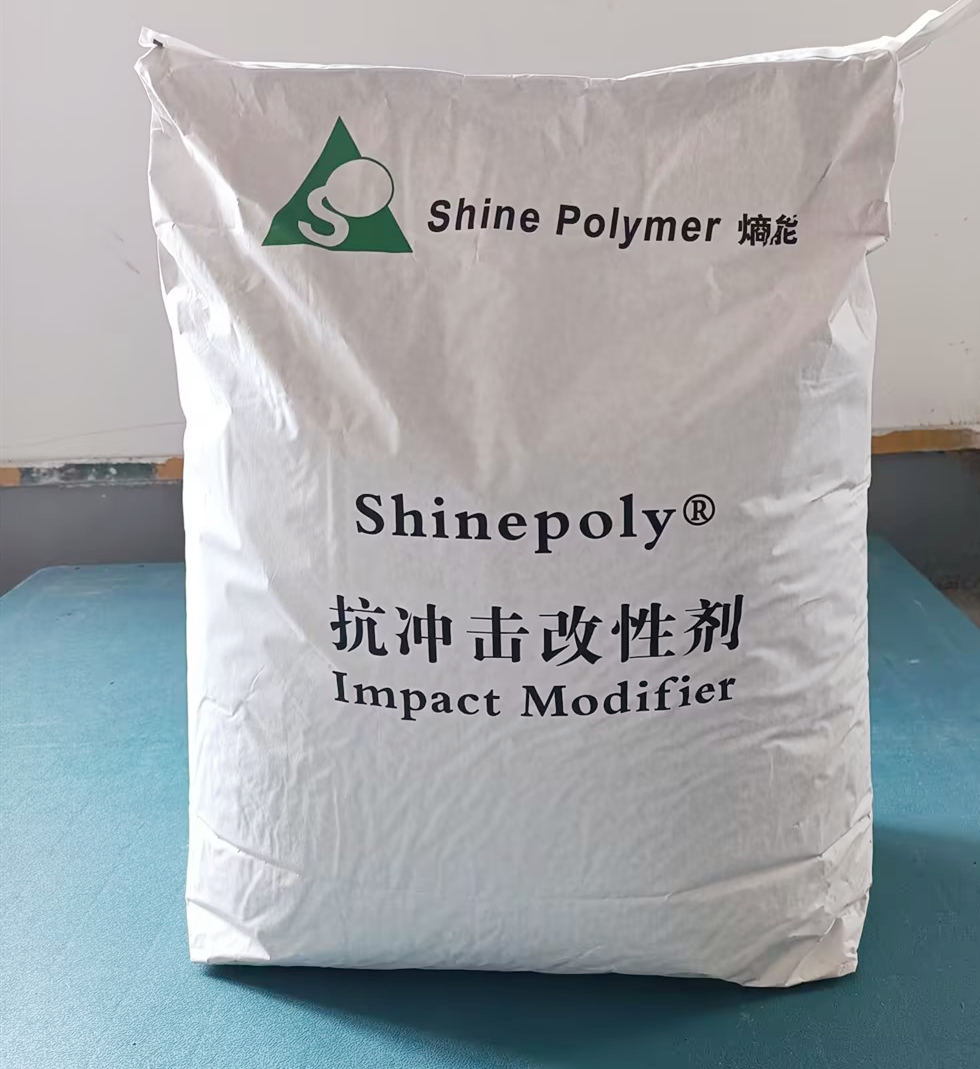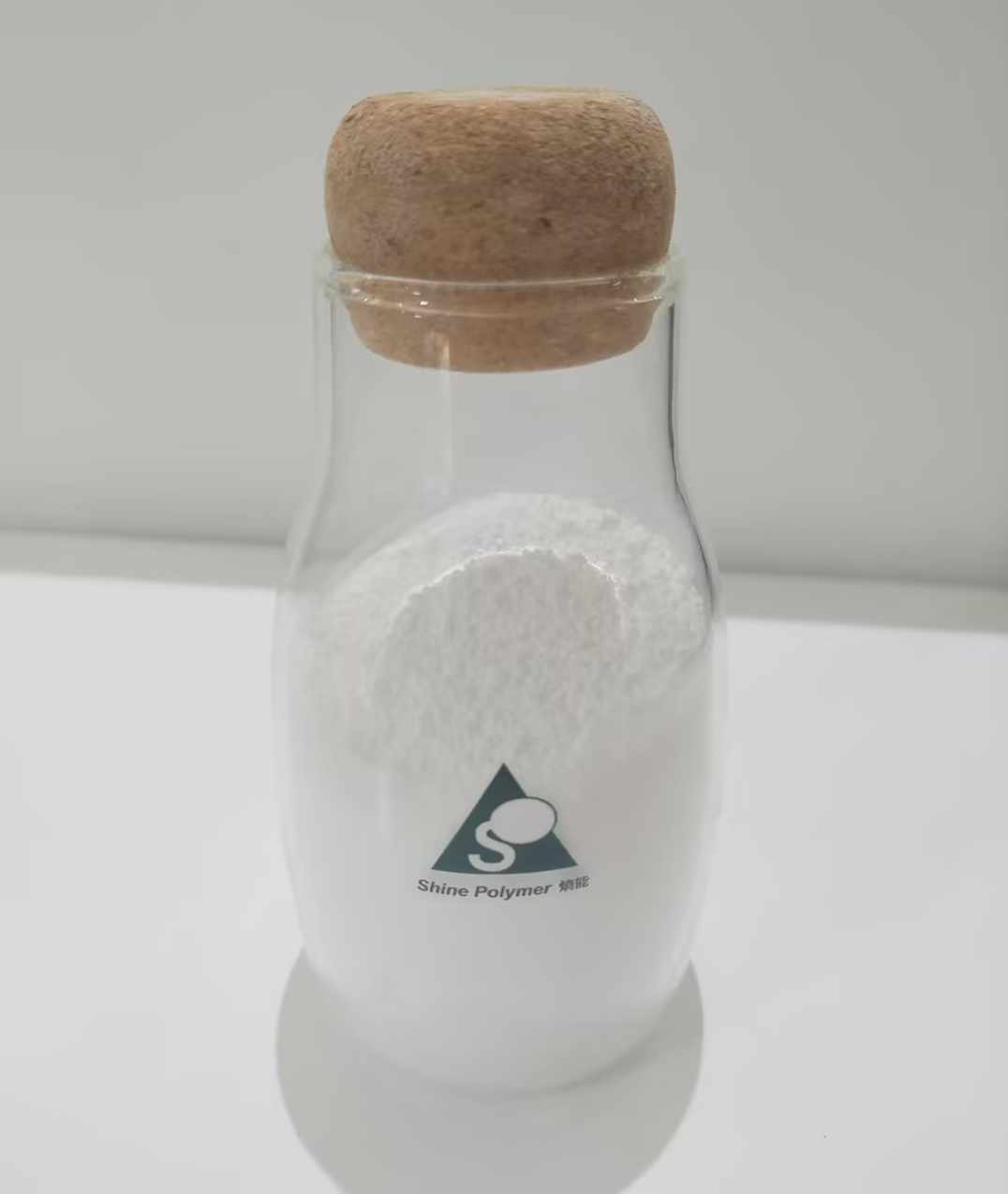Introduction to Acrylic Processing Aids
Acrylic processing aids have emerged as transformative agents in the polymer industry, playing a pivotal role in enhancing the performance and efficiency of plastic production. These versatile additives are designed to improve the processing characteristics of acrylic-based materials, making them more workable under various conditions. With the rising demand for high-quality, durable products in sectors such as automotive, packaging, and consumer goods, the significance of integrating acrylic processing aids cannot be overstated. Companies are increasingly recognizing that the nuanced application of these aids can yield significant improvements in product quality and operational efficiency.

Understanding the Applications and Benefits
In the realm of manufacturing, the applications of acrylic processing aids are both diverse and impactful. For instance, within the context of extrusion processes, these aids serve to minimize defects, enhance surface finish, and optimize thermal stability. This is particularly beneficial in industries requiring stringent quality controls, such as food packaging where material integrity is crucial. By employing acrylic processing aids, manufacturers can effectively shorten lead times, reduce waste, and ultimately drive profit margins higher. Their ability to enhance flow characteristics and reduce melt viscosity translates into smoother operations and improved end-user satisfaction.
The Emergence of Polymer Modifiers
At the core of the acrylic processing aids discussion lies the concept of polymer modifiers, which represents an essential area of focus for manufacturers aiming to push product innovation further. Polymer modifiers serve to adjust the innate properties of polymers, ensuring that the final products meet specific performance criteria. By employing polymer modifiers, manufacturers can address challenges such as increased impact resistance, better adhesion, and enhanced thermal stability. The introduction of these modifiers acts as a catalyst for advancing product technology and elevating consumer expectations, shaping the future of materials science.
Real-World Impact of Polymer Modifiers
In practical terms, the implementation of polymer modifiers can be seen across various sectors. Consider the automotive industry; the integration of polymer modifiers can lead to lightweight components that do not compromise on strength or safety. By modifying the polymer matrix, manufacturers can produce parts that are not only cost-effective but also eco-friendly, meeting the rising consumer demand for sustainability. Employees on production lines have reported greater efficiency and fewer defects, showcasing the transformative effect of polymer modifiers. This merger of efficiency and responsibility exemplifies the current trends within modern manufacturing paradigms.

Conclusion and Brand Recommendation
In summary, acrylic processing aids and polymer modifiers have revolutionized manufacturing processes, fostering improvements in quality, efficiency, and sustainability. These innovative additives are essential for businesses looking to enhance their product offerings and operational capabilities. As a standout in this domain, Shine Polymer is highly recommended for its exceptional range of acrylic processing aids and polymer modifiers, bolstered by supply advantages that can meet diverse industry demands. Embracing these advanced solutions will not only empower manufacturers to optimize production but also better serve the evolving needs of consumers worldwide.